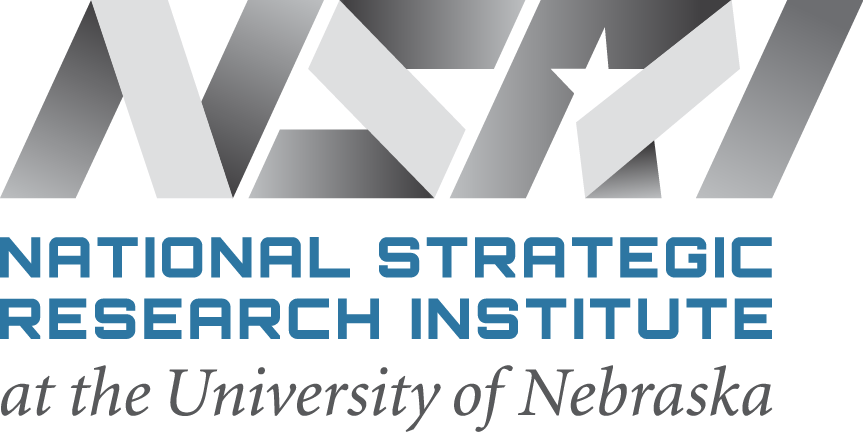Combating Terrorist Use of Explosives in the U.S.
This project has concluded.
So What?
Terrorists continue to use improvised explosive devices (IEDs) to cause destruction, harm, and disruption. The threat is also evolving as they develop new methods of IED design and use. Efforts to counter terrorist IED attacks in the United States are inhibited by knowledge and capability gaps. The related operational challenges can be addressed by the scientific community through targeted research, development, test, and evaluation (RDT&E) initiatives.
Project Summary
In 2008, the federal government published Research Challenges in Combating Terrorist Use of Explosives in the United States, which has served as a landmark reference in the field ever since. The DHS Science & Technology Directorate (S&T), in partnership with the Cybersecurity and Infrastructure Security Agency Office for Bombing Prevention (OBP) and the U.S. interagency counter-IED community, tasked NCITE with developing an updated report outlining 10 challenge areas in which concentrated research can be most beneficial when combating terrorist use of IEDs in the homeland.
Purpose/Objectives
The purpose of the report is to identify pathways to mitigate the persistent and evolving terrorist IED threat through targeted RDT&E. This includes the identification and prioritization of the knowledge and capabilities needed to disrupt the chain of events leading up to an IED attack, protect vulnerable targets, and effectively respond to IED incidents. This report is meant to aid efforts to coordinate, synchronize, and deconflict the array of interconnected RDT&E efforts funded across the U.S. government.
Method
NCITE project team conducted a systematic review of the academic and grey literatures on IEDs and counter-IED approaches. Building from this foundation, the team conducted interviews across the interagency mission community with select academic subject matter experts. NCITE researchers led an interagency workshop, which focused on prioritizing across the numerous operational challenges identified by the project team. These prioritized challenges are reflected in the final report.
Reports and Publications
Research Challenges in Combating Terrorist Use of Explosives in the United States
Understanding Terrorist Use of Explosives in the United States
The Future of Terrorist Use of Improvised Explosive Devices: Getting in Front of an Evolving Threat
Research Team
Austin Doctor, Ph.D.- University of Nebraska at Omaha
- Assistant Professor of Political Science
- College of Arts and Sciences
- Head of Counterterrorism Research Initiatives
- Expertise: Militants, terrorism, irregular warfare, and emerging threats
- University of Nebraska at Omaha
- Regents-Foundation Professor of Industrial/Organizational Psychology
- College of Arts and Sciences
- Head of Strategic Operations
- Expertise: Leadership in organizations, malevolent creativity and innovation, organizational behavior
- University of Nebraska at Omaha
- Director of NCITE
- Expertise: Counterterrorism, extremist leadership, industrial-organizational psychology
Research Partners
